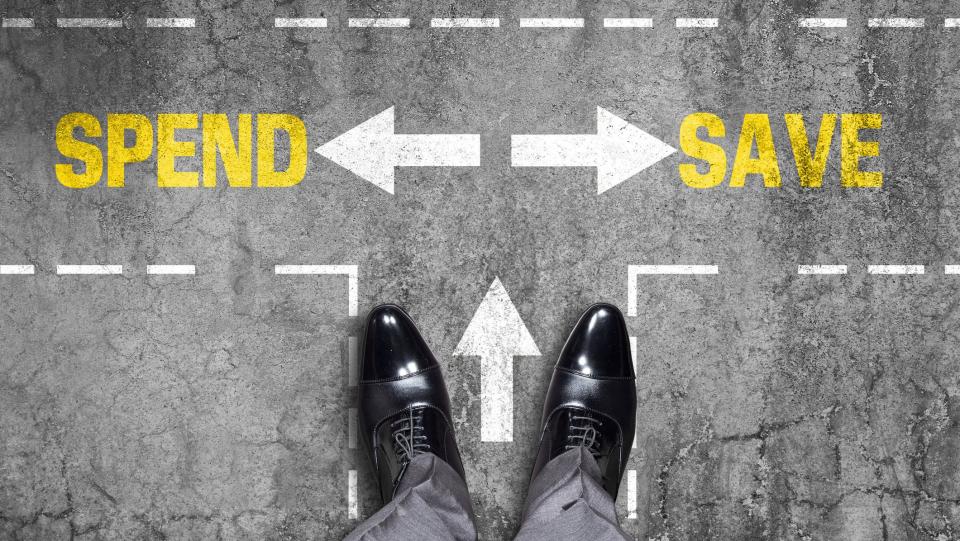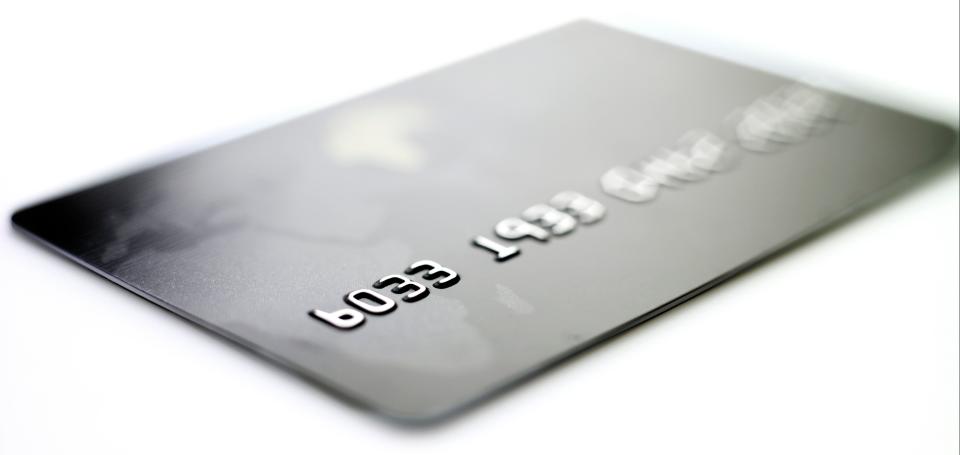The Most Common Financial Mistakes To Avoid
Whether you’re living paycheck to paycheck or managing a healthy nest egg, there are certain classic money blunders you’ll want to avoid. Between hidden fees, budgeting mishaps and poor communication around finances, it’s almost too easy to throw money away. We’ve compiled nine helpful reads that outline the most common financial mistakes and tell you how to get around them. With this advice in hand, you’ll be well prepared to navigate any rocky financial waters ahead.
1. The Unnecessary Risk Too Many Women Take With Their Money

Are you worried about getting swindled out of your savings or losing everything in a crash? Alice Finn, the author of Smart Women Love Money, explains the simple ways to avoid those catastrophes — and warns us about a threat to our earnings one never seems to consider.
2. 4 Money Myths That Are Hurting Your Savings

We sometimes cling to myths that can set us up for financial failure because of our complicated emotions surrounding money, from overexcitement to anxiety or fear. Here are some of the most persistent untruths — and tips for banishing them once and for all.
3. 10 Dumb Money Mistakes People Make In Their 30s

With so much going on with work and life, it’s easy to focus on the here-and-now and put aside your bigger financial goals. However, this will leave you scrambling later in life. Think of this article as a map to help you bypass those monetary gaffes.
4. 6 Money Mistakes Everyone Makes
Love HuffPost? Become a founding member of HuffPost Plus today.

You know that going to your doctor for regular checkups is important for your physical health, but have you run tests lately on your financial health? You don’t want to wait until you’re having money troubles to seek help. In fact, there may be things you’re doing now that seem like no big deal but could seriously derail your finances.
5. 6 Things You Should Know About Your Credit Score

Lenders look at your credit score, also known as your FICO score, to gauge how likely you are to pay back the money they lend you for a mortgage, auto loan or credit card. Credit scores range from 300 on the low end to 850 on the high end. A “good” credit score is generally considered something in the low 700s or above. Once you get down below 600, it’s hard to get anyone to lend to you at all.
6. You Should Basically Never Check Your 401(k) Statement

The best thing to do with your 401(k) is set it and forget it. Here’s what you need to know to make that possible.
7. Thinking of Taking an Early 401(k) Withdrawal? Consider the Ultimate Cost.

The balance in your 401(k) can be a tempting source of cash when times are tough and you have no other options. And, yes, it’s possible to take an early distribution without having to pay it back, depending on your personal situation and your specific plan. But possible doesn’t necessarily mean practical in terms of your financial future.
8. The 8 Biggest Financial Mistakes Newlyweds Make

How each partner feels about finances is often shaped by their experiences with money growing up. And knowing what that history is can give you a greater understanding of your significant other’s attitudes toward money — and help clue you in to sore spots.
9. The 5 Biggest Money Mistakes People Make

It doesn’t matter what you think you deserve; it doesn’t matter what you think you need; it doesn’t matter what you think is the bare bones to fit in with your friends or neighbors. If you don’t have the money, then you can’t incur the responsibilities, the debt and the obligation.
Also on HuffPost
This article originally appeared on HuffPost.

